While Beyonce might not agree, there are smarter ways to show ‘you like it’ than with a pricey engagement ring
As much as many of us may long for the sparkle of a diamond ring and the iconic ‘I said yes!’ Instagram reveal picture, the reality of it is that with the ongoing increases in the cost of living and the added expenses of a wedding looming, a huge engagement ring isn’t always very practical. But budget constraints need not to cramp your bridal bliss, especially if you change your thinking.
I’m a big believer of choosing an affordable ring, as I don’t think couples should start out their life together in debt
Ring in a new life
For Tamlyn Jacobus, the ability to afford an enjoyable life together far outweighed the need for an engagement ring.
‘If I were to follow societal traditions and has asked for a 1-2 carat, colourless princess cut, it would have set us back for the lifestyle we choose to live. Exploring eateries and travelling to different places in our region is something we enjoy doing regularly. Knowing spending money on a huge ring and that a big wedding wasn’t on the cards allowed us to go away on a few mini-escapes before saying I do.’
Tamlyn and Camilo eloped – and used the cash they saved to buy a home of their own. Tamlyn now wears a dainty white-gold band to signify their marriage.
Up, up and away
With a new generation redefining cultural and societal norms, we’re seeing new trends grow in popularity and with more and more people aspiring to travel, it’s no surprise that honeymoons are getting all the love.
‘My husband didn’t get a ring. He got me a simple engagement ring, but no wedding ring. I rarely wear the engagement ring. Instead of spending on the wedding or on rings, we travelled for weeks through South East Asia and put a deposit down on a townhouse,’ says Wendy van Eyck.
Soon-to-be-bride Kerri Davis agrees:
‘My ring has an amethyst stone and cost about R400. We saved for a two-week honeymoon to Thailand.’
Less ka-ching, more bling
‘I’m a big believer of choosing an affordable ring, as I don’t think couples should start out their life together in debt,’ says Tiffany Marx – Inspired Jewellery. It’s possible to have a beautiful engagement ring without breaking the bank. Here are Tiffany’s top tips for budget-friendly ring-buying:
Choose an alternative stone
Slightly tinted diamonds (like Champagne and salt-and-pepper diamonds) have become very popular. They are so different and much more affordable than whiter diamonds. Moissanite is also great options.
Buy a mount
These are cast rings that one can set the central stone-stones into. Although I would personally always suggest a handmade ring, choosing a mount tends to be a less expensive exercise as the ring is not a bespoke, handmade item.
Work with a jeweller
Many retail shops will only offer you traditional rings as that is what they sell. Try and find a jeweller whose style you like and is willing to work with whatever budget you have. At the end of the day, you can create a really beautiful ring regardless of the materials that are used if you have a good design.
ALSO SEE: Busted! 5 Common engagement ring myths debunked
Feature image: Unsplash
Article written by Bianca Hartel for the Summer 2019 print issue.

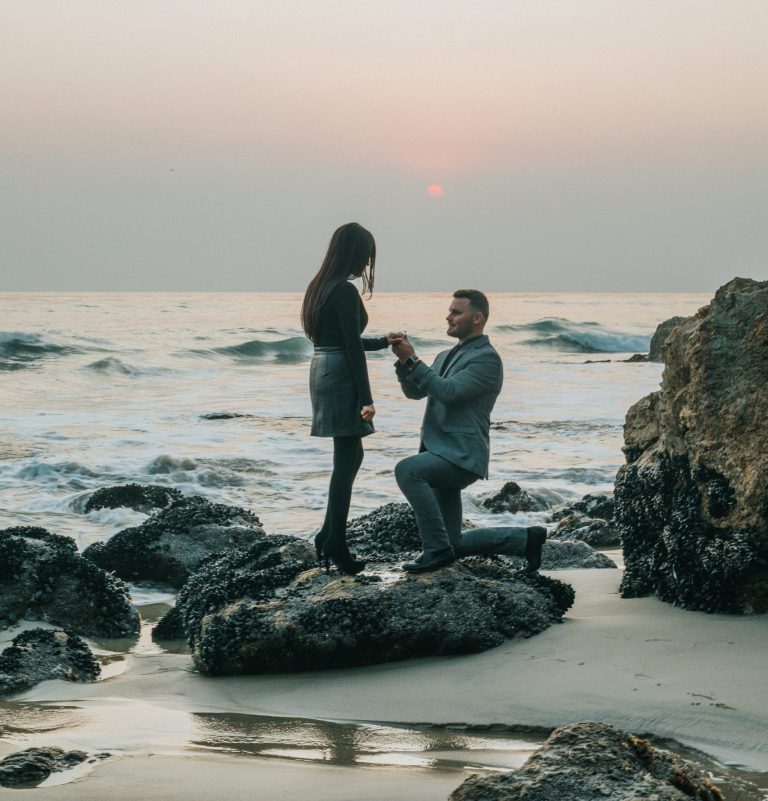
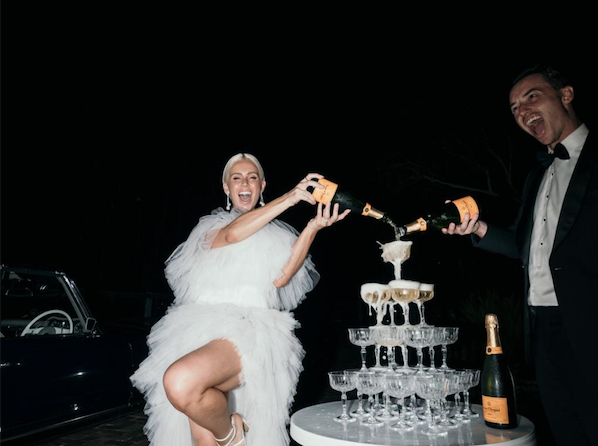
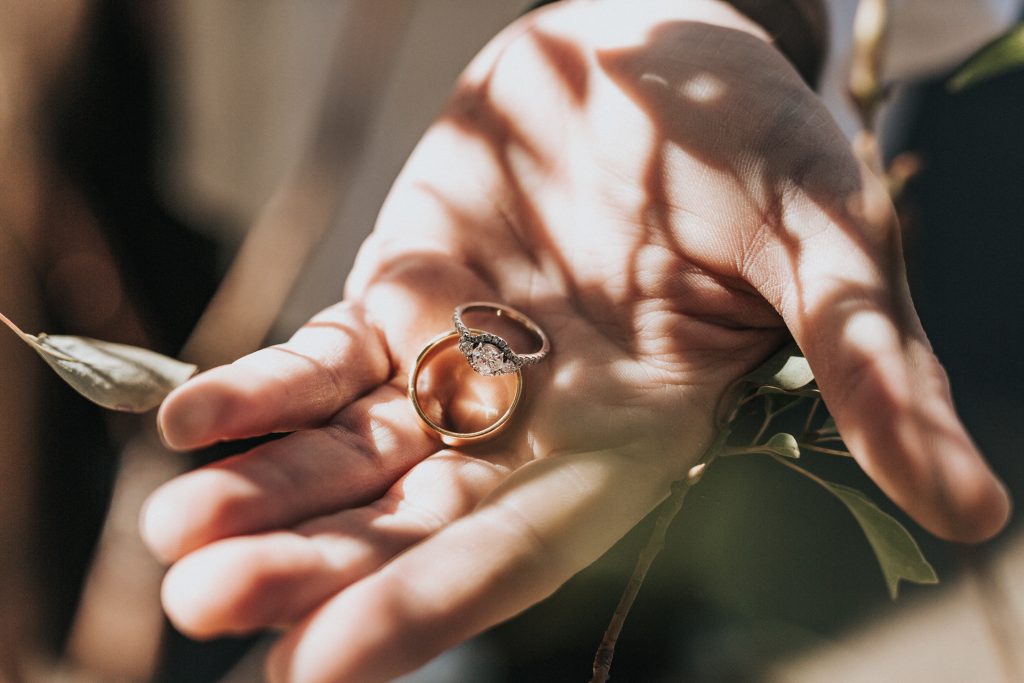
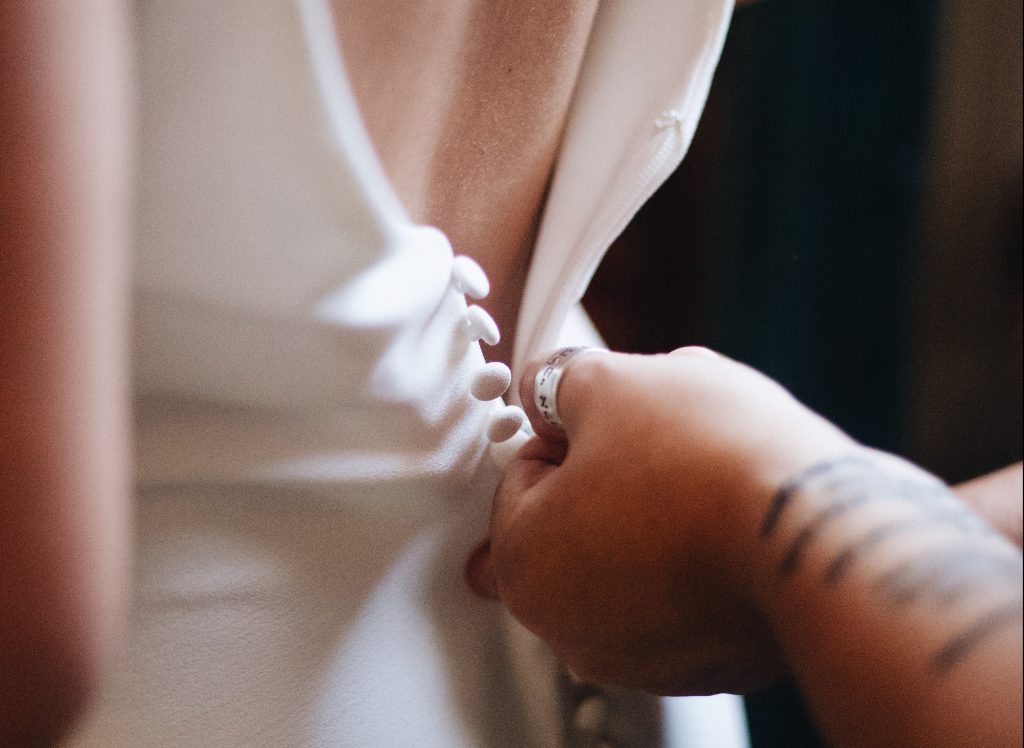
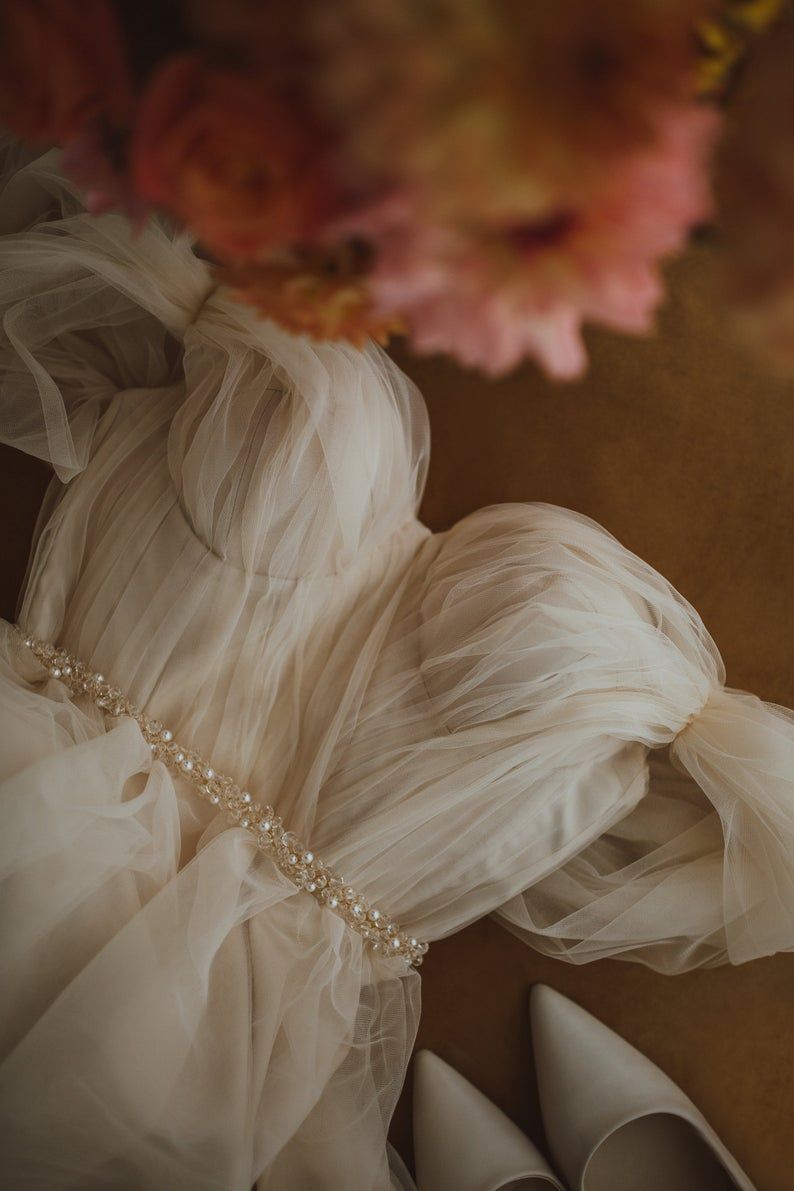
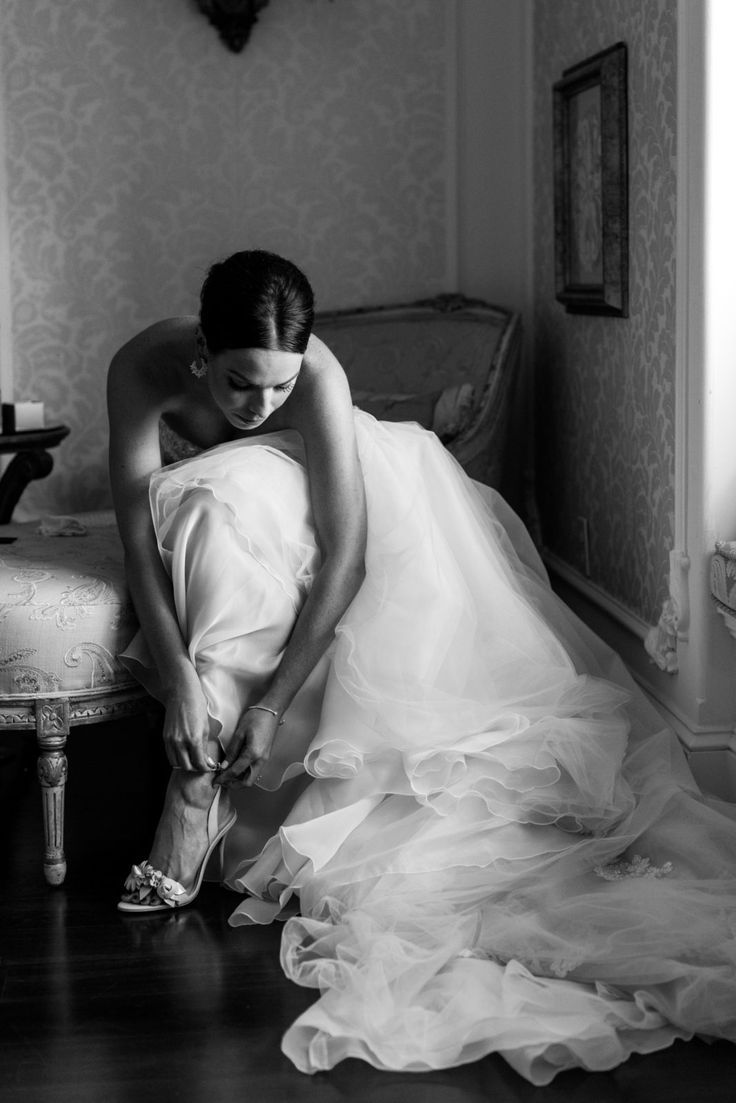
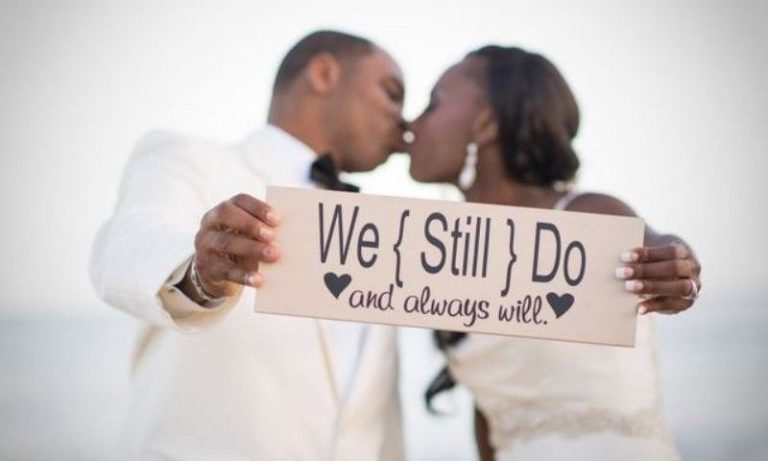

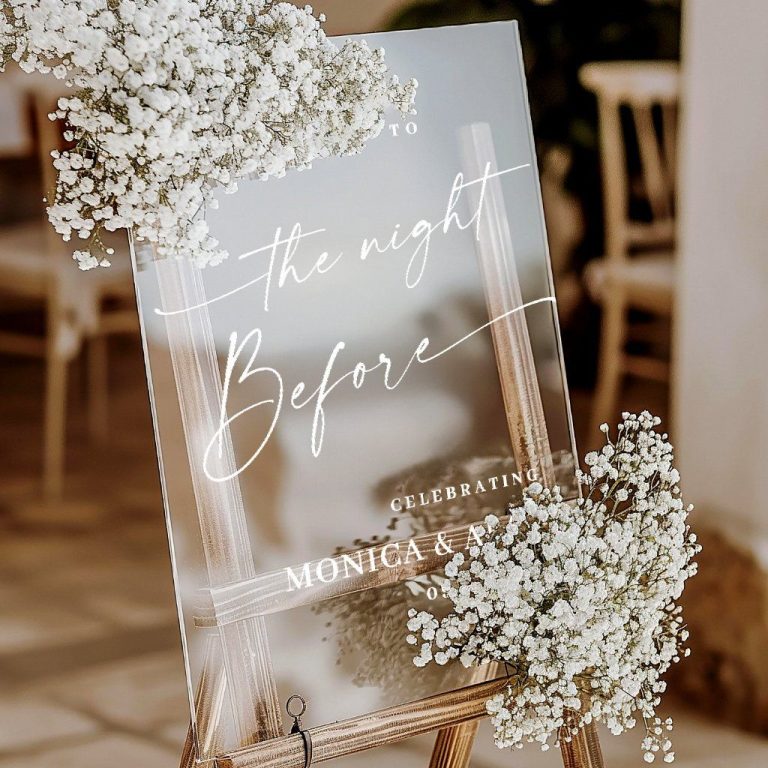

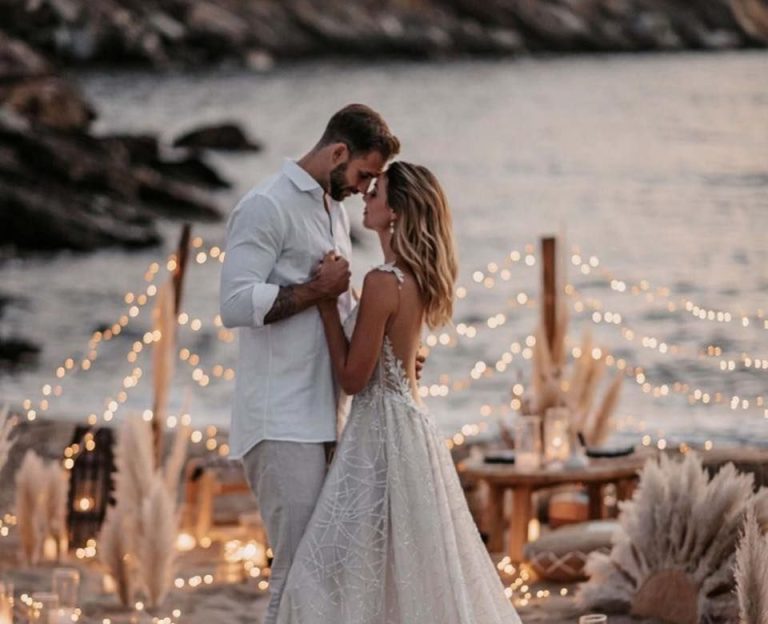

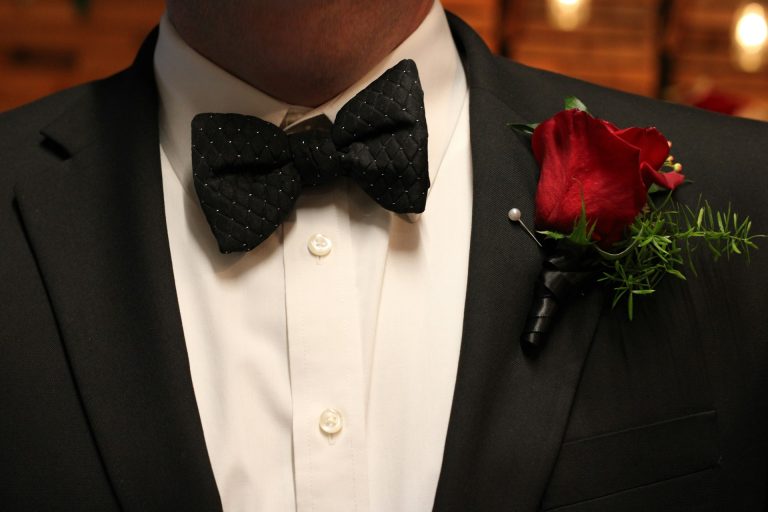
 Source:
Source: Source:Photo by
Source:Photo by  Source: Photo by
Source: Photo by  Source:
Source: 
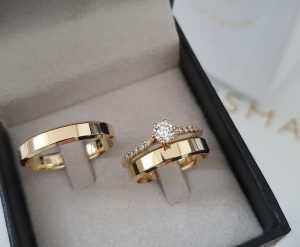 Source:
Source: 
 Photo by
Photo by